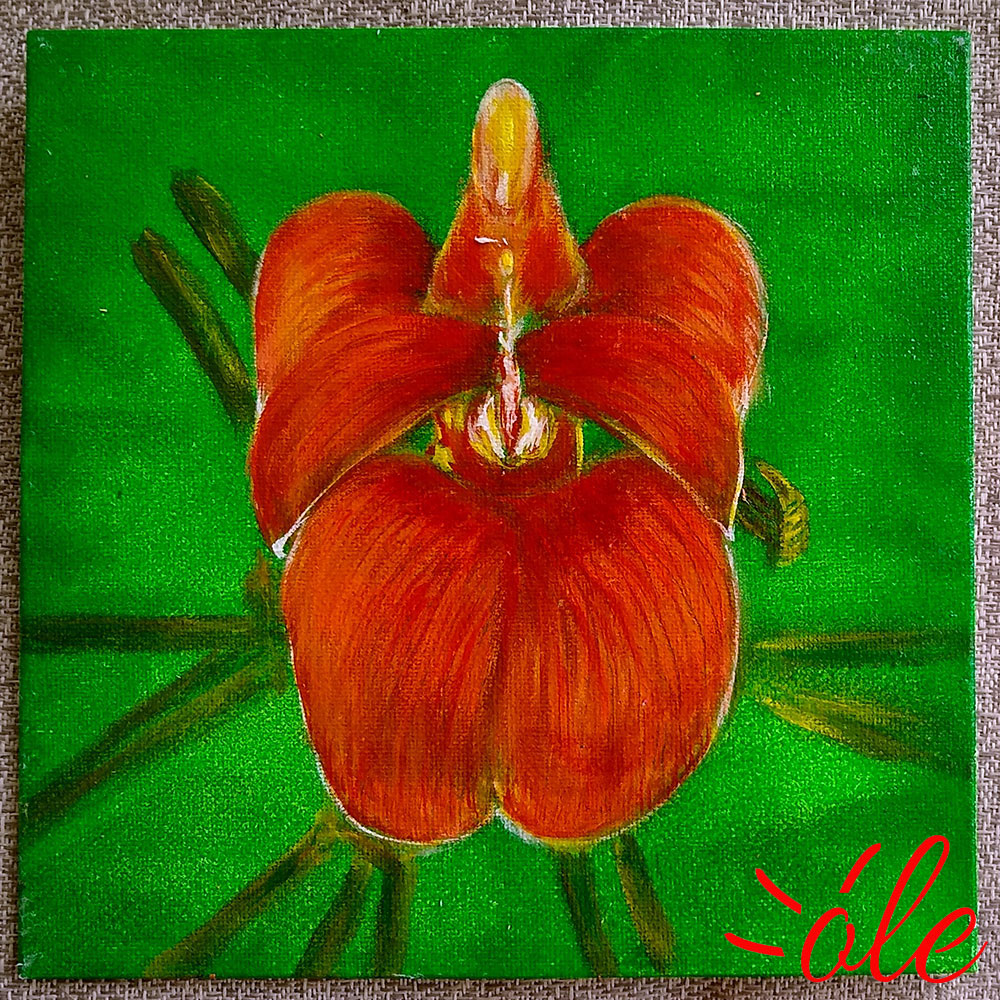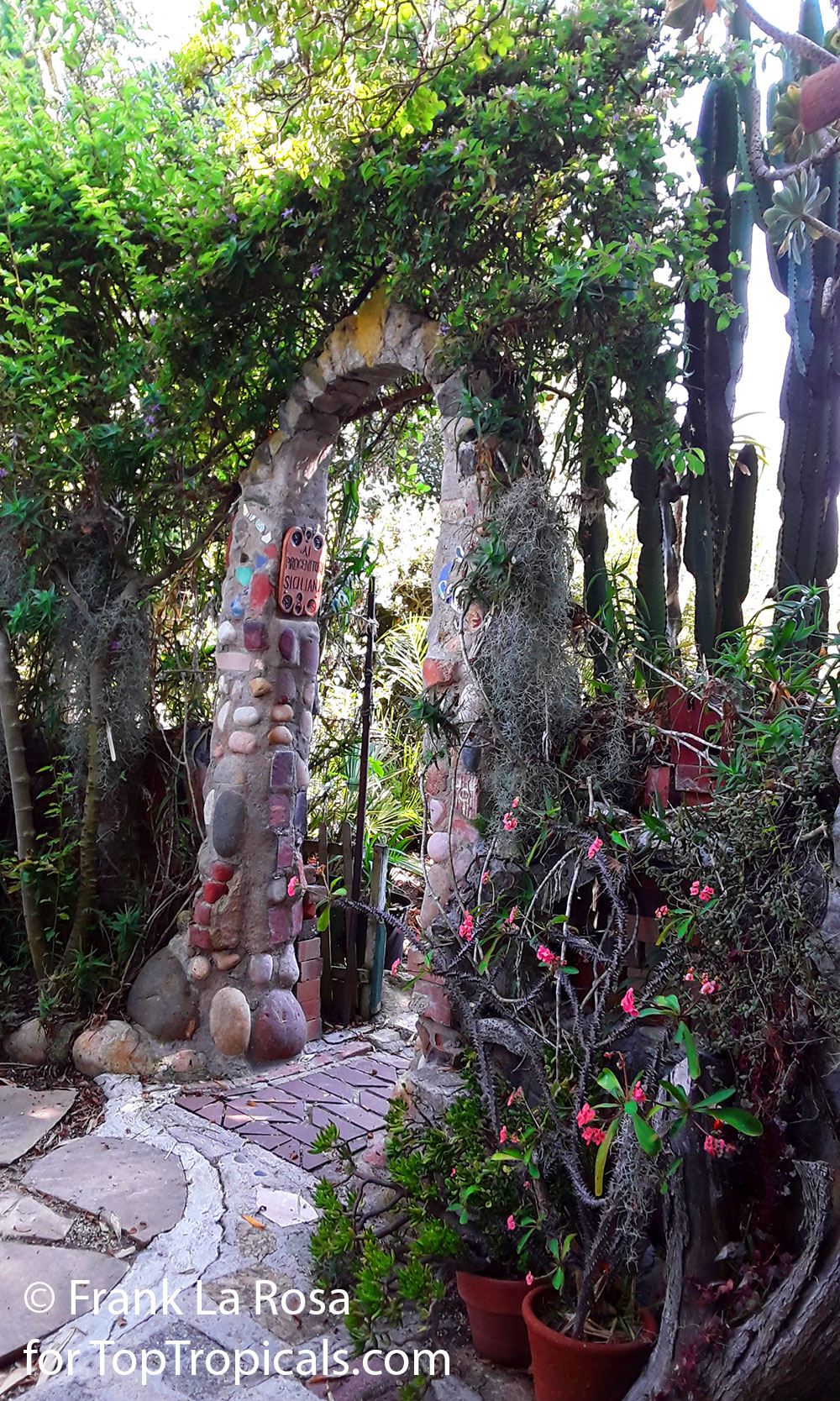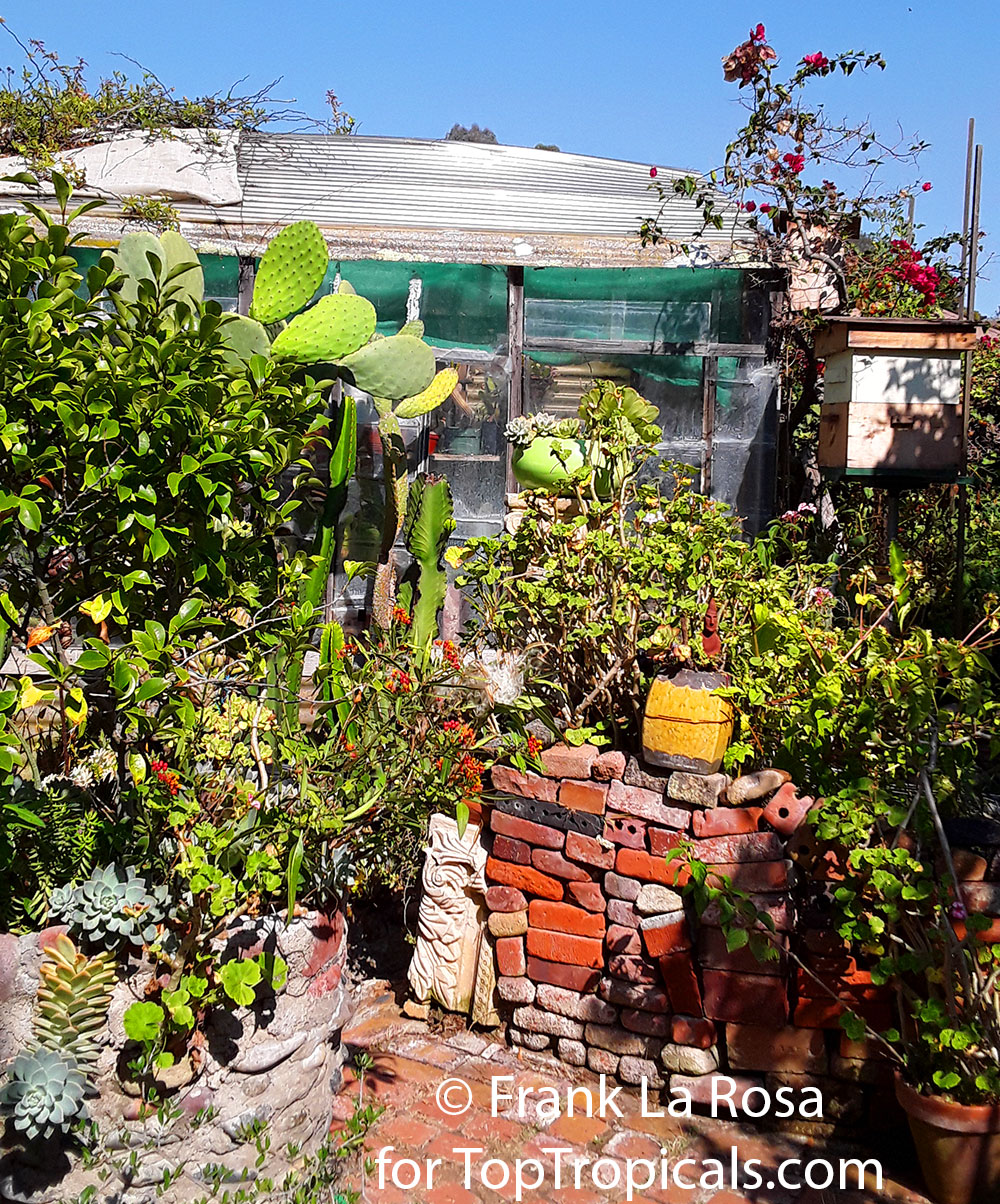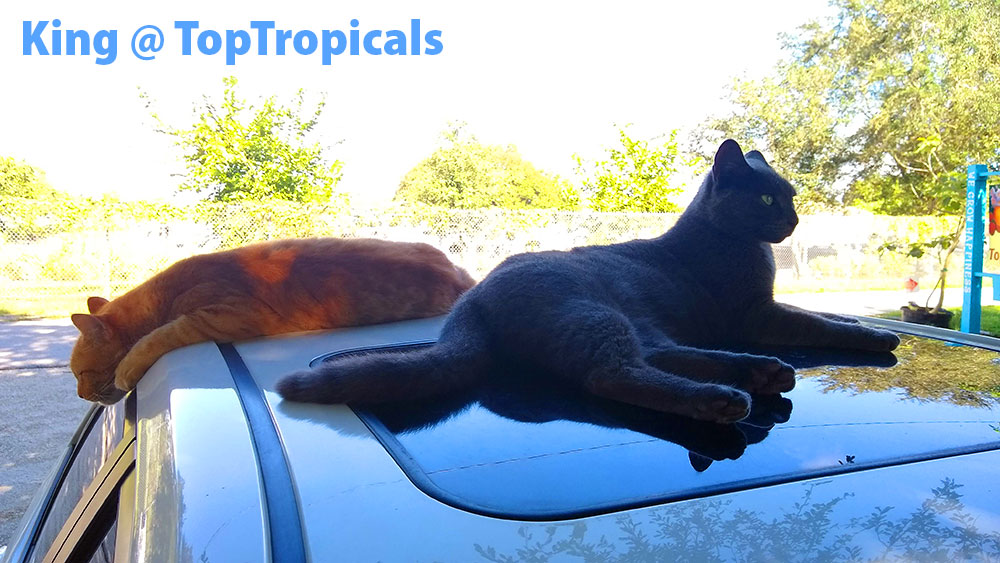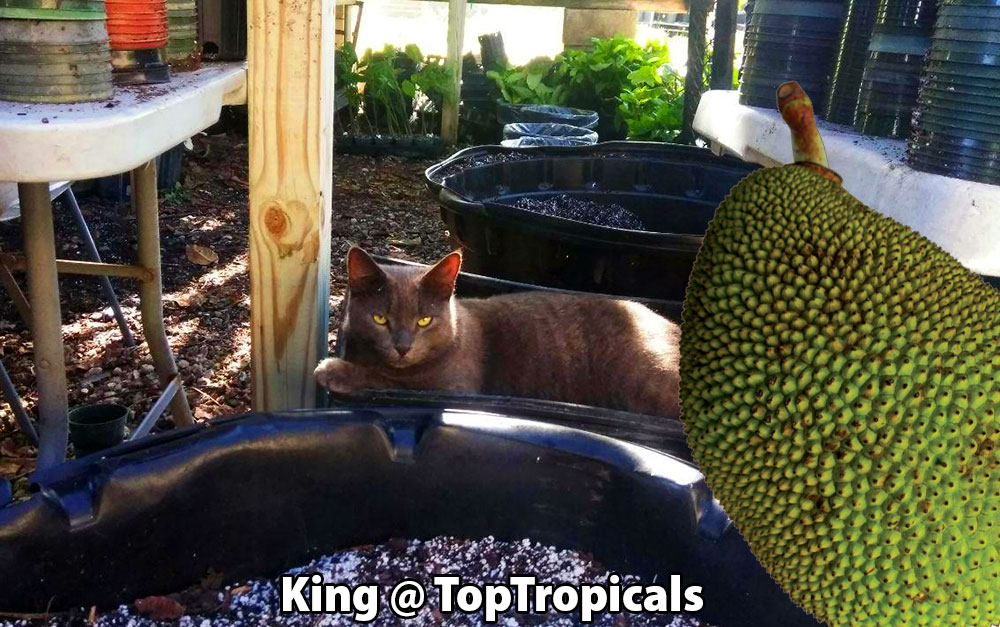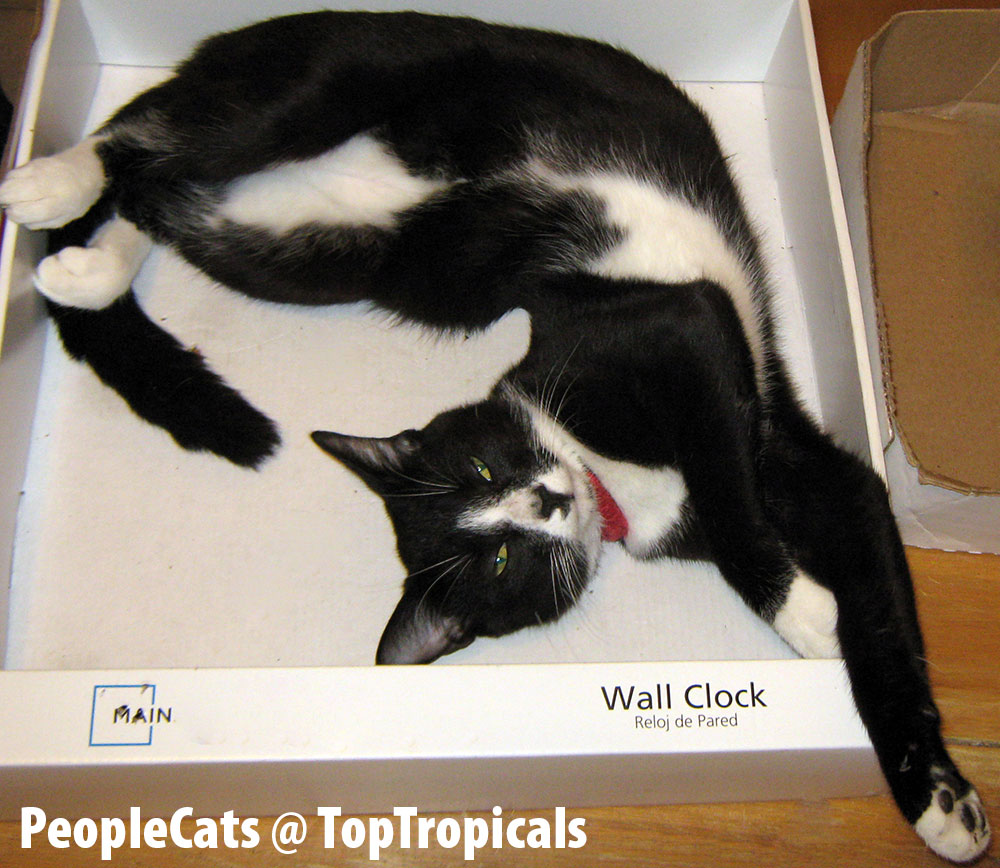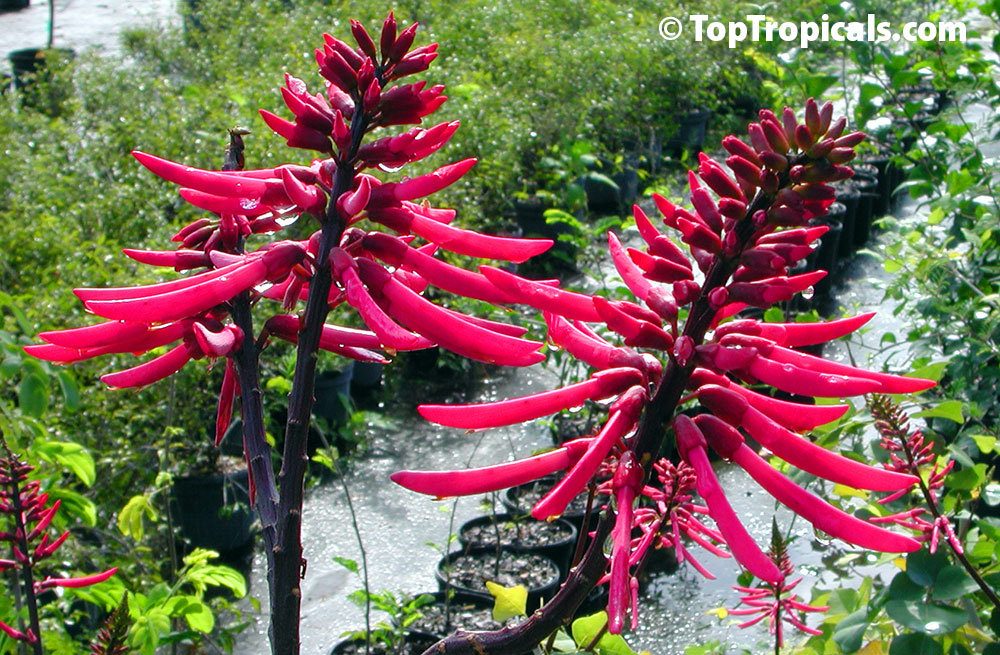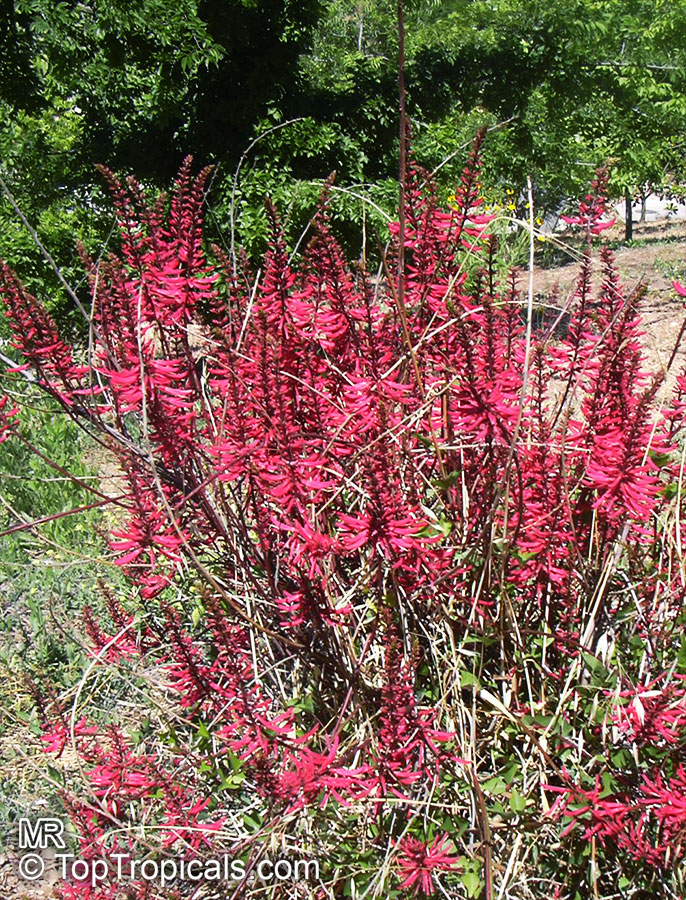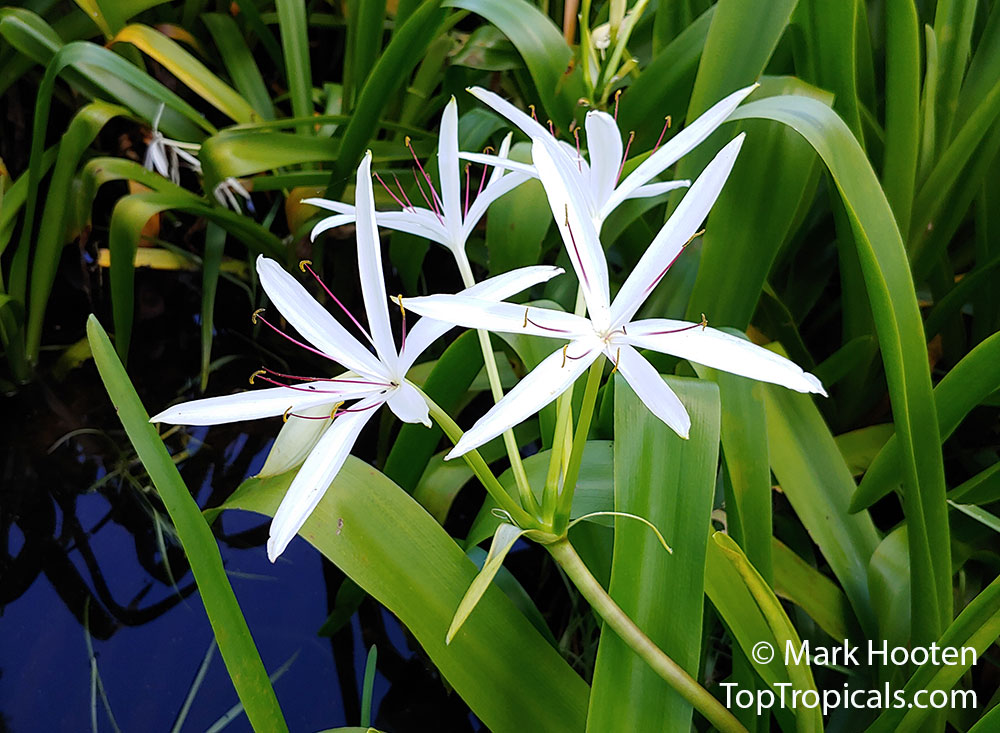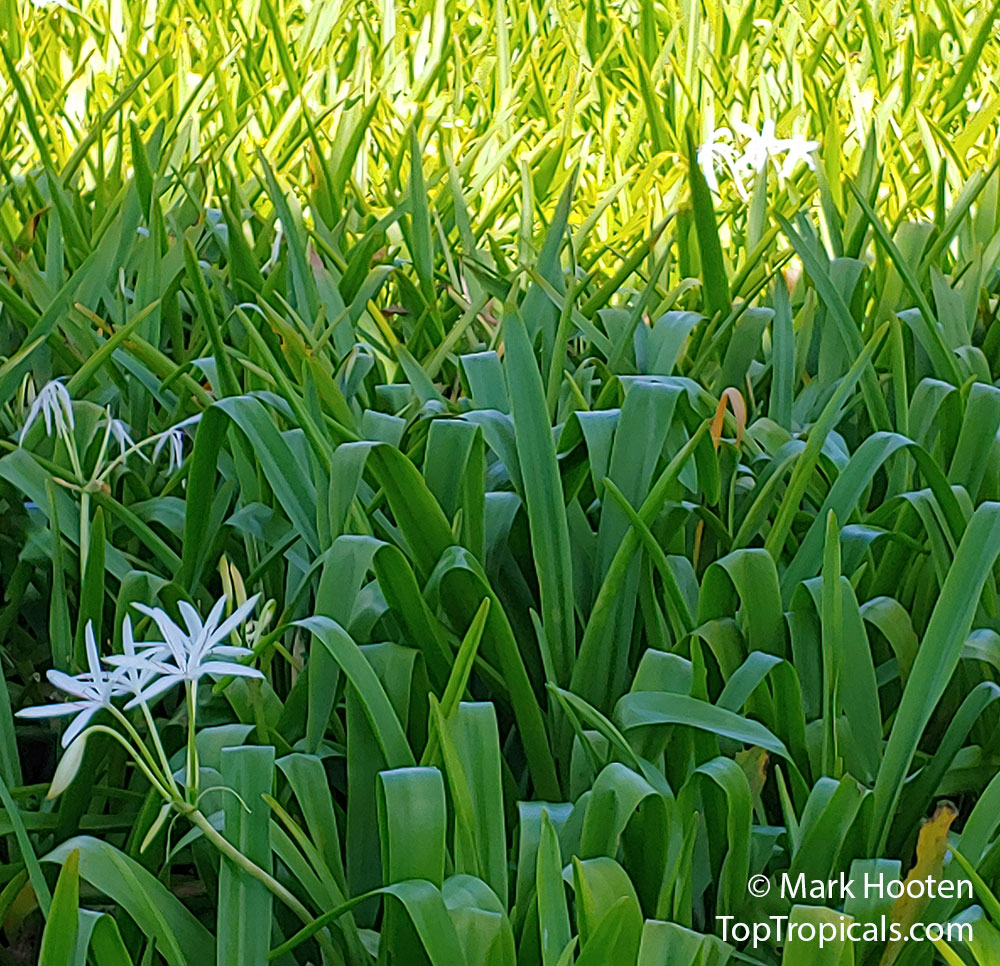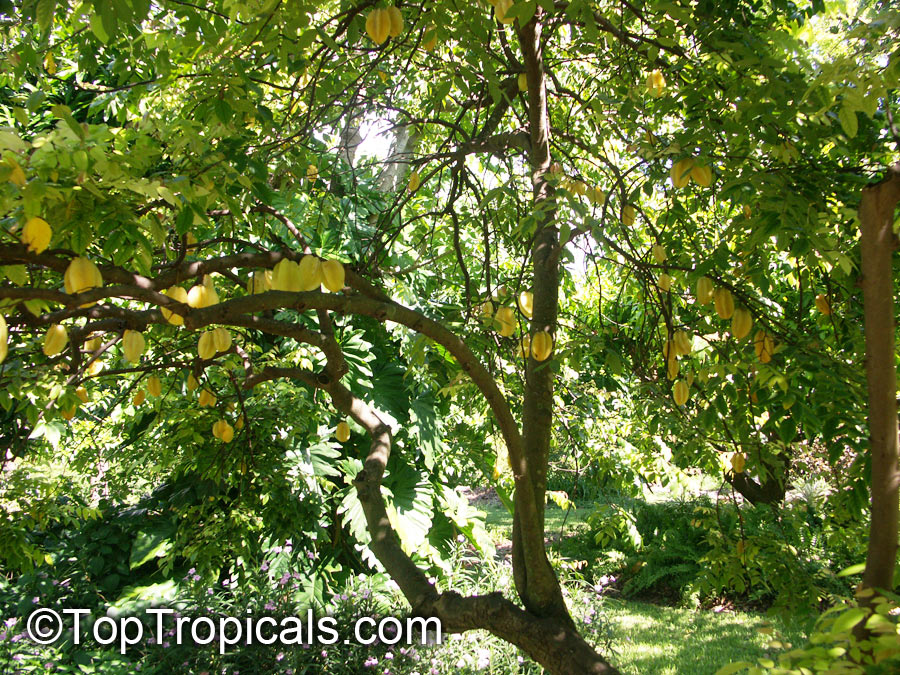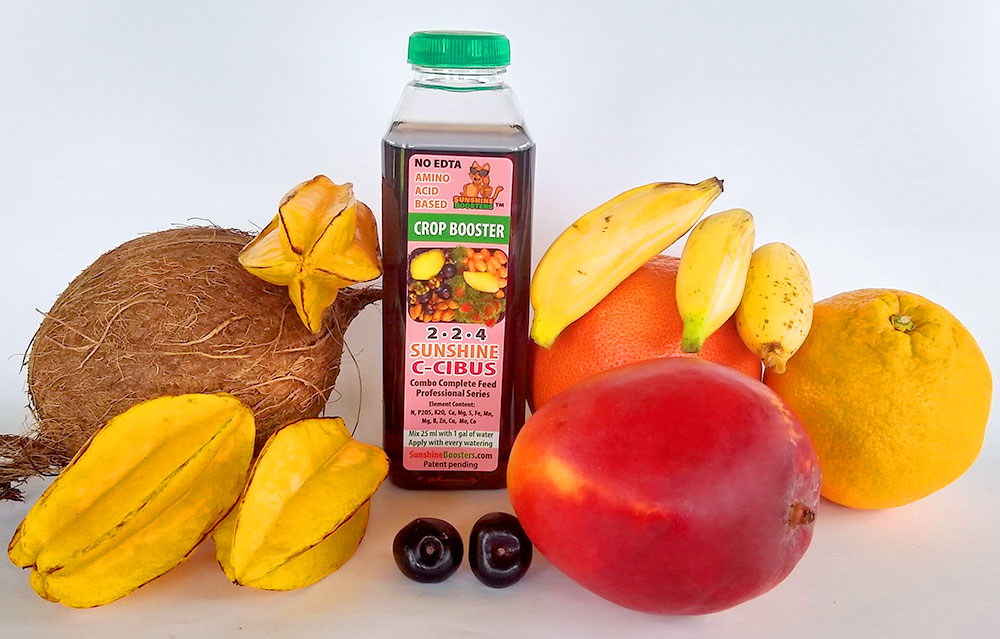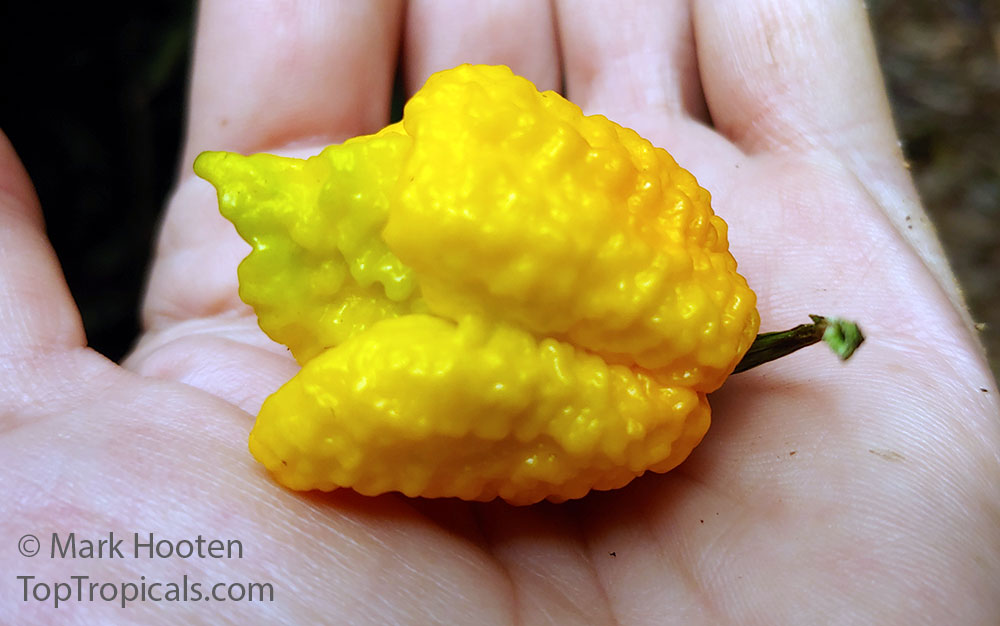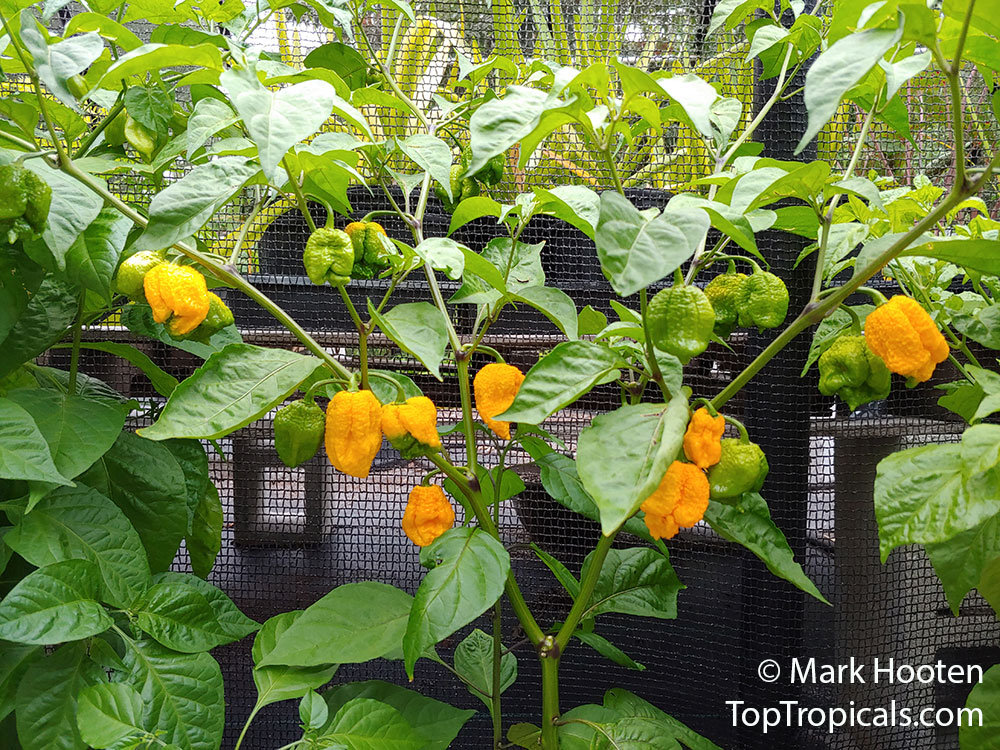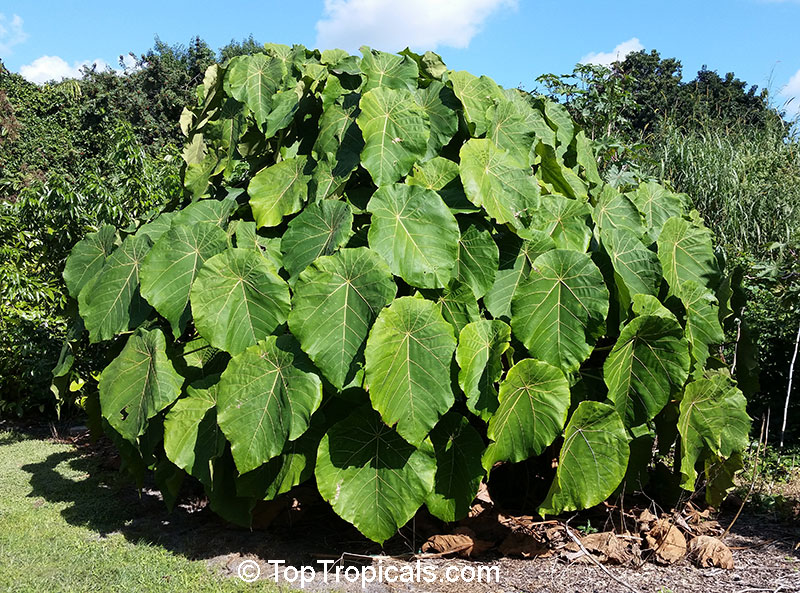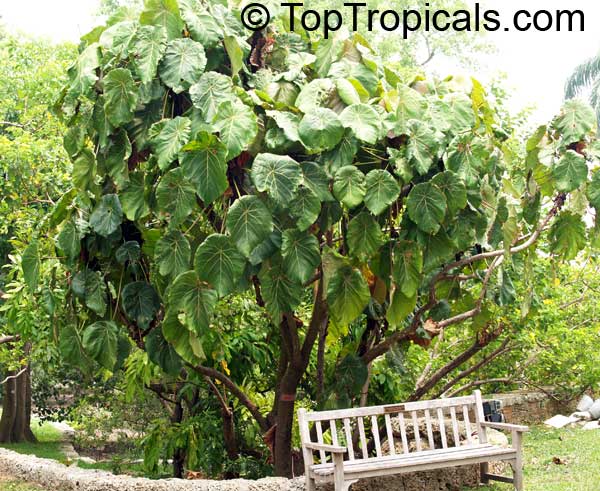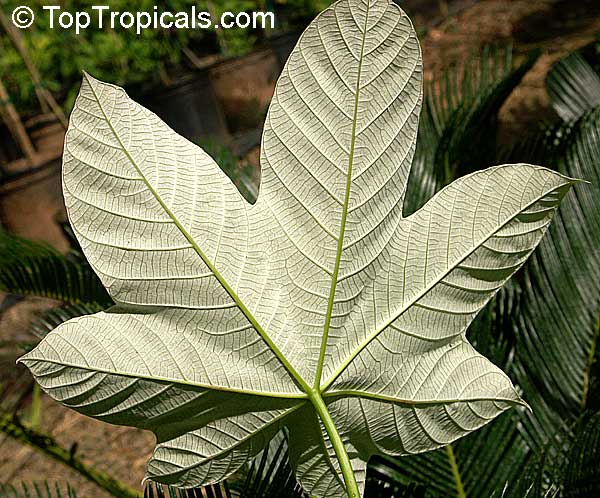
Sunshine Boosters: Healthy Plant Food
Q&A from Mr Booster
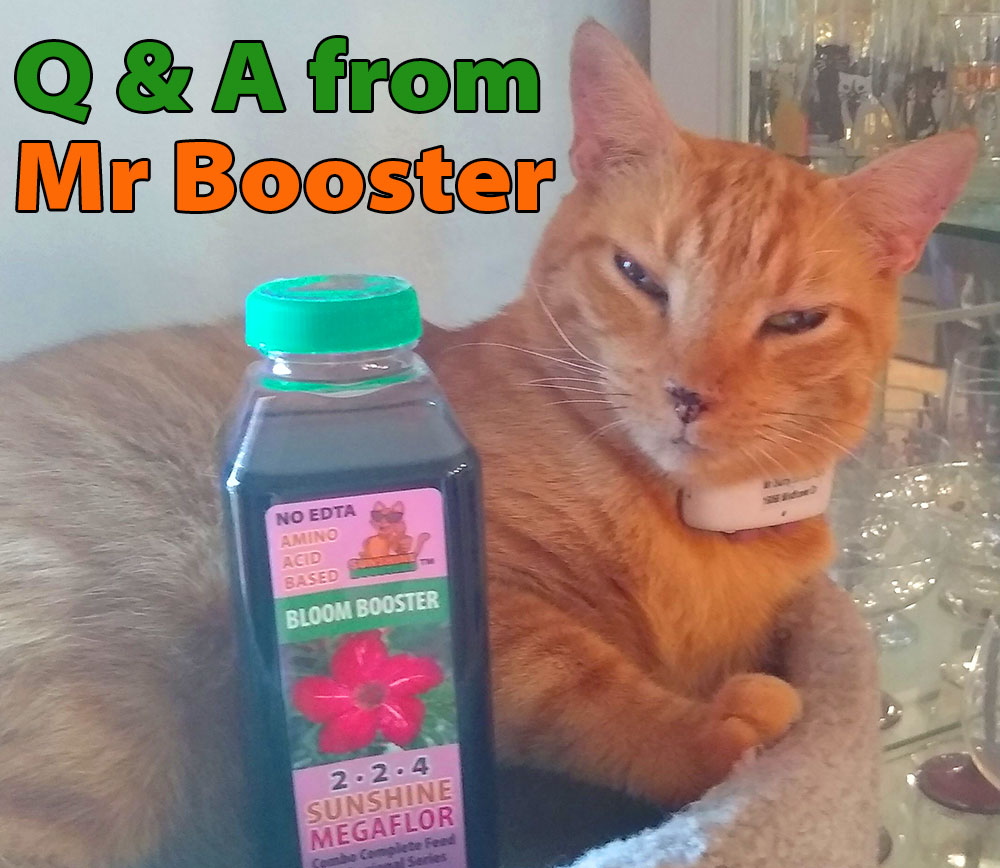
This year we introduced many new items to Sunshine Boosters selection - for all your plant needs in the garden.
We receive lots of feedback and questions, so it is time now to share this
information with all our customers and open this new section in our Newsletter
-
From Mr Booster: Q&A
We promise that we will keep up with your favorite Cat of The
Month blog as well!
Dry, liquid, or both?
Q: I have bought different plant boosters, and I am so exited to
use them on my plants! I understand that Sunshine Boosters are better than
traditional fertilizers, should I give up dry fertilizers all together, or can
I continue using them? They are so easy, don't require any mixing...
A: We are all busy and it seems at first like a little bit of
work with all the mixing, but it saves your time in a long run! And money
too.
When we used dry fertilizers, every now and then a plant got killed, some
looked undernourished (or over-fertilized) and unhappy. It was always a
challenge to figure out which plant needs more and which needs less, and how often.
It made us use more and more chemicals trying to adjust the feeding balance,
and we had to worry about why a plant doesn't look happy. Sometimes we lost rare, valuable, collectible plants since we couldn't find a cure for their illnesses.
With Sunshine Boosters, those problems are gone now! See examples.

Compare using Sunshine Boosters with eating healthy, well-balanced food.
You can still survive on junk food and won't die from starvation, but eventually eating junk food will take its toll and create health problems. So you will end up trying to fix them with more and more medicine... which in turn will create more side effects.
By using Sunshine Boosters, you provide all necessary elements and vitamins
to plants without a risk of side effects or building up unnecessary
junk/toxins in their system. No more leftovers!
According to tests, Sunshine Boosters are used up completely through
plant metabolism, making them healthy, strong, and disease resistant. Sunshine
Boosters are based on organic amino-acids which is the foundation of life on
Earth. This helps to eliminate nutrients lock up in soil. See why Sunshine liquid fertilizers are better than dry fertilizers.
To answer your question, we recommend to switch to liquid Sunshine
Boosters. It is possible to additionally use dry granulated "smart-release" fertilizers for in-ground plants, no more than once a month and only during hot season (Sunshine Boosters can be used year-round). However, some customers ran independent tests and admit that using Sunshine Boosters alone is more effective than in combination with dry fertilizers. See
review from Karma Nursery.
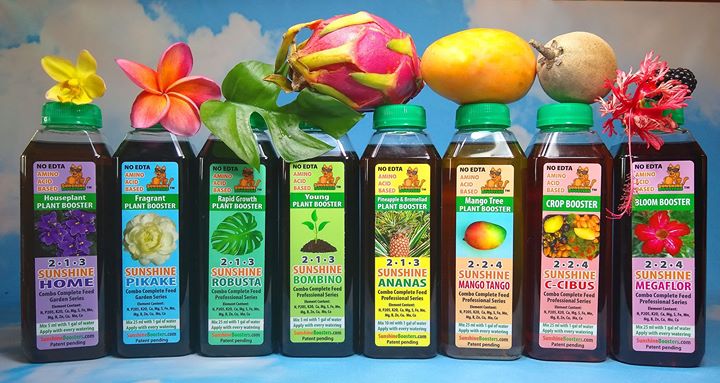
Garden Series, or Combo Total Feed Collection - all nutrients in just
one bottle, for different plant types. See booster in this collection, for different types of pants.

